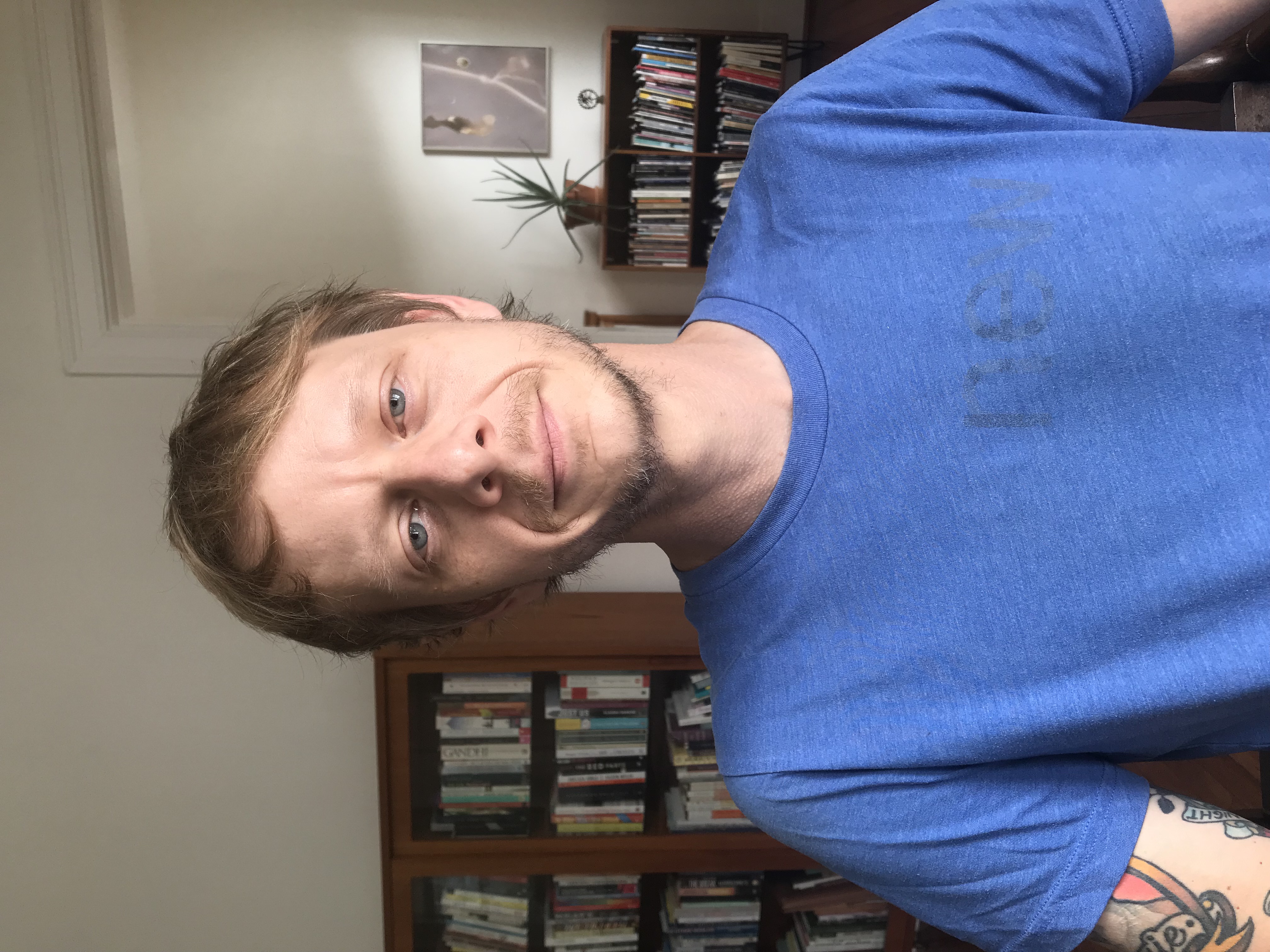"Man's Ruin: Hearing Divide and Dissolve"
This talk asks what decolonial and abolitionist listening feels like, and explores how doom metal band Divide and Dissolve modulates attention to sonic coloniality, questions I situate as part of a larger project thinking about everyday practices as a site where worlds are tended.
Nathan Snaza teaches English and gender studies at the University of Richmond, where he coordinates the Humanities. He is the author of Animate Literacies: Literature, Affect and the Politics of Humanism (2019) and the forthcoming Tendings: Feminist Esoterisms and the Abolition of Man, both with Duke University Press. He has recently published in journals such as Social Text, Feminist Formations, Feminist Studies, and Curriculum Inquiry.
Series Description
Magic is everywhere. From sage smudging witches to the sorcery schools of young adult fantasy series, magic makes up a significant part of contemporary culture and yet has no theory of its own. This lecture series will engage a range of topics in the esoteric and the occult with the intention of developing a platform for occultural studies in the humanities.
Our theme sets in motion a range of ostensibly opposed concepts: science and religion, the material and the immaterial, fact and fabulation, spirituality and sexuality. Engaging scholars, artists, and practitioners in an examination of these binary terms, we continue the critique of nature as a timeless given undertaken by feminists, ecocritics, and science studies scholars for several decades, but with particular attention to the recent wave of scholars of color for whom the distinction between science and its folk opposites is itself a mythological construction and a prop for coloniality. Topics in this series move in several ways through the undoing of these binaries: by taking seriously the variety of esoteric sciences as modes of knowledge-production and world-making; by considering the occult dimensions of nature, or what might emerge by approaching nature aesthetically, affectively, spiritually, supernaturally, or from what Sylvia Wynter calls the “demonic grounds” of practices marginal to the formal sciences; and finally by looking at the weirdness of science-itself, its own occulted aspects. All lectures will take place on Wednesday afternoons at Bishop Bar.


